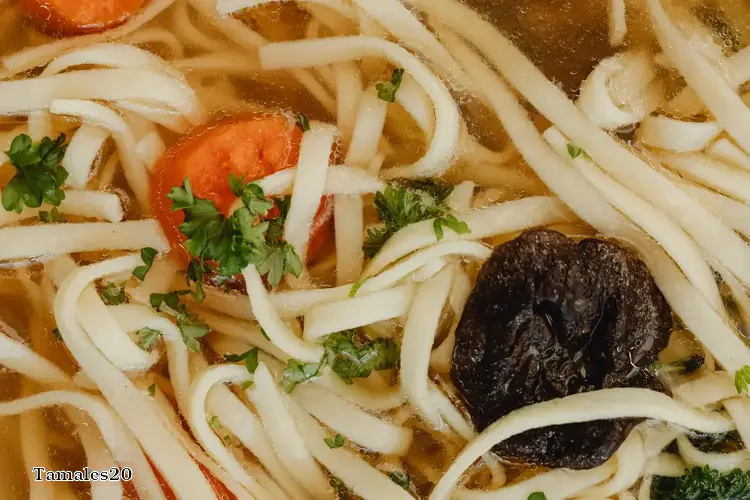

Definition:
Tamales are a traditional Mesoamerican dish consisting of a cornmeal dough filled with various ingredients, wrapped in corn husks or banana leaves, and steamed. They are a staple food in many Latin American countries, particularly Mexico, Guatemala, and El Salvador.
History:
Tamales have a long and rich history, dating back to pre-Columbian times. The earliest known tamales were made by the Mayans and Aztecs, who used them as a portable food source for warriors and travelers. Over time, tamales evolved into a popular dish for celebrations and festivals.
Ingredients:
The main ingredients in tamales are:
Preparation:
Tamales are made by spreading a layer of cornmeal dough on a corn husk or banana leaf. The filling is then placed in the center of the dough, and the tamale is wrapped and tied with a string or strip of corn husk. The tamales are then steamed for several hours until the dough is cooked through.
Types:
There are many different types of tamales, each with its own unique flavor and ingredients. Some of the most popular types include:
Cultural Significance:
Tamales are an important part of Latin American culture. They are often served at special occasions, such as Christmas, New Year's, and Day of the Dead. Tamales are also a popular street food and can be found at markets and festivals throughout the region.
Nutritional Value:
Tamales are a good source of carbohydrates, protein, and fiber. They are also a good source of vitamins and minerals, such as vitamin A, vitamin C, and calcium. However, tamales can also be high in calories and fat, so it is important to consume them in moderation.
DISCLAIMER: This information is provided for general informational purposes only, and publication does not constitute an endorsement. Kwick365 does not warrant the accuracy or completeness of any information, text, graphics, links, or other items contained within this content. Kwick365 does not guarantee you will achieve any specific results if you follow any advice herein. It may be advisable for you to consult with a professional such as a lawyer, accountant, or business advisor for advice specific to your situation.
today
Copyright © 2026 KwickEAT.com
Designed by KwickPOS is the best restaurant POS